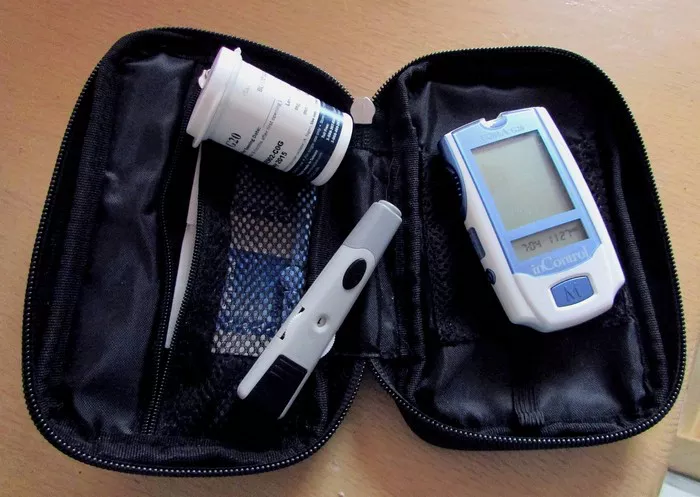Insulin resistance is a condition in which cells in the body become less responsive to the effects of insulin, a hormone produced by the pancreas that regulates blood sugar levels. As a result, glucose accumulates in the bloodstream, leading to elevated blood sugar levels. Insulin resistance is a key factor in the development of type 2 diabetes, and it can also increase the risk of other health complications, such as heart disease and stroke. Causes of insulin resistance include genetic predisposition, obesity, sedentary lifestyle, and dietary factors.
Traditional Chinese Medicine (TCM) is a holistic healthcare system that has been practiced for thousands of years in China and other parts of the world. TCM emphasizes the balance and harmony of the body’s internal systems and views health as a state of equilibrium between the body, mind, and spirit. Key principles of TCM include the concepts of qi (vital energy), yin and yang (opposing forces that must be balanced), and the five elements (wood, fire, earth, metal, and water). TCM encompasses various modalities, including acupuncture, herbal medicine, dietary therapy, qigong (exercise), and tuina (massage).
Specific Chinese Herbs and Formulas
In TCM, several herbs and herbal formulas are used to manage blood sugar levels and improve insulin sensitivity. These include:
Ginseng: Known for its adaptogenic properties, ginseng is believed to help regulate blood sugar levels and improve insulin sensitivity.
Bitter melon: This tropical fruit contains compounds that may mimic the effects of insulin and help lower blood sugar levels.
Cinnamon: Cinnamon has been shown to improve insulin sensitivity and reduce fasting blood sugar levels in some studies.
Huangqi (Astragalus): Huangqi is commonly used in TCM to tonify qi and strengthen the spleen and stomach, which are believed to play a role in blood sugar regulation.
Mechanism of Action
The mechanisms by which these herbs and formulas exert their effects on insulin sensitivity are multifaceted and may involve various pathways in the body. For example, ginseng may enhance insulin signaling and glucose uptake in cells, while bitter melon may stimulate insulin secretion and improve glucose utilization. Cinnamon has been found to activate insulin receptors and inhibit enzymes involved in glucose metabolism, leading to improved insulin sensitivity.
Evidence of Efficacy
Several clinical studies and trials have investigated the efficacy of TCM herbs and formulas in managing insulin resistance and diabetes. For example, a systematic review and meta-analysis published in the Journal of Ethnopharmacology found that ginseng supplementation significantly reduced fasting blood sugar levels and improved insulin sensitivity in individuals with type 2 diabetes. Similarly, a randomized controlled trial published in Diabetes Care demonstrated that bitter melon extract lowered blood sugar levels and improved insulin sensitivity in patients with type 2 diabetes.
Lifestyle and Dietary Recommendations
In addition to herbal therapy, TCM emphasizes the importance of lifestyle and dietary modifications in managing insulin resistance and diabetes. Recommendations may include:
Following a balanced diet rich in whole grains, vegetables, fruits, lean protein, and healthy fats.
Engaging in regular physical activity, such as tai chi or qigong, to promote circulation and balance qi.
Practicing stress-reduction techniques, such as meditation or acupuncture, to alleviate emotional imbalances that may contribute to insulin resistance.
Precautions and Consultation
While TCM herbs and therapies can be beneficial for managing insulin resistance and diabetes, it is essential to consult with a qualified healthcare professional before starting any new treatment regimen, especially if you are already taking medication for diabetes. Some herbs may interact with medications or have contraindications for certain medical conditions. A licensed TCM practitioner can provide personalized recommendations based on your individual health status and needs.
Conclusion
Traditional Chinese Medicine offers a holistic approach to managing insulin resistance and diabetes, emphasizing the balance of body, mind, and spirit. Through the use of specific herbs and formulas, along with lifestyle and dietary modifications, individuals can support their body’s natural healing mechanisms and improve insulin sensitivity. However, it is crucial to seek guidance from healthcare professionals and integrate TCM therapies into a comprehensive treatment plan for optimal health outcomes.
Related Topics:
How To Help With Insulin Resistance?
























